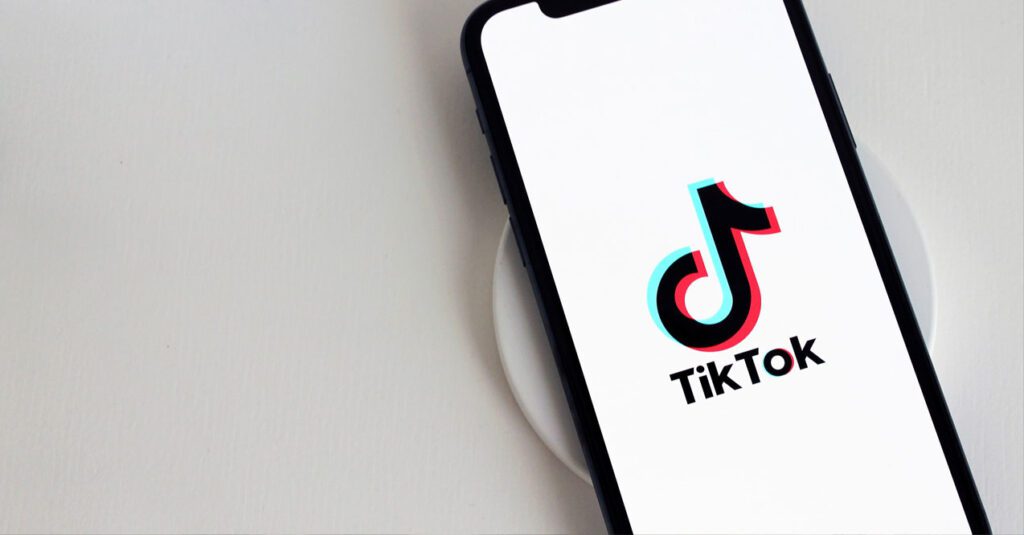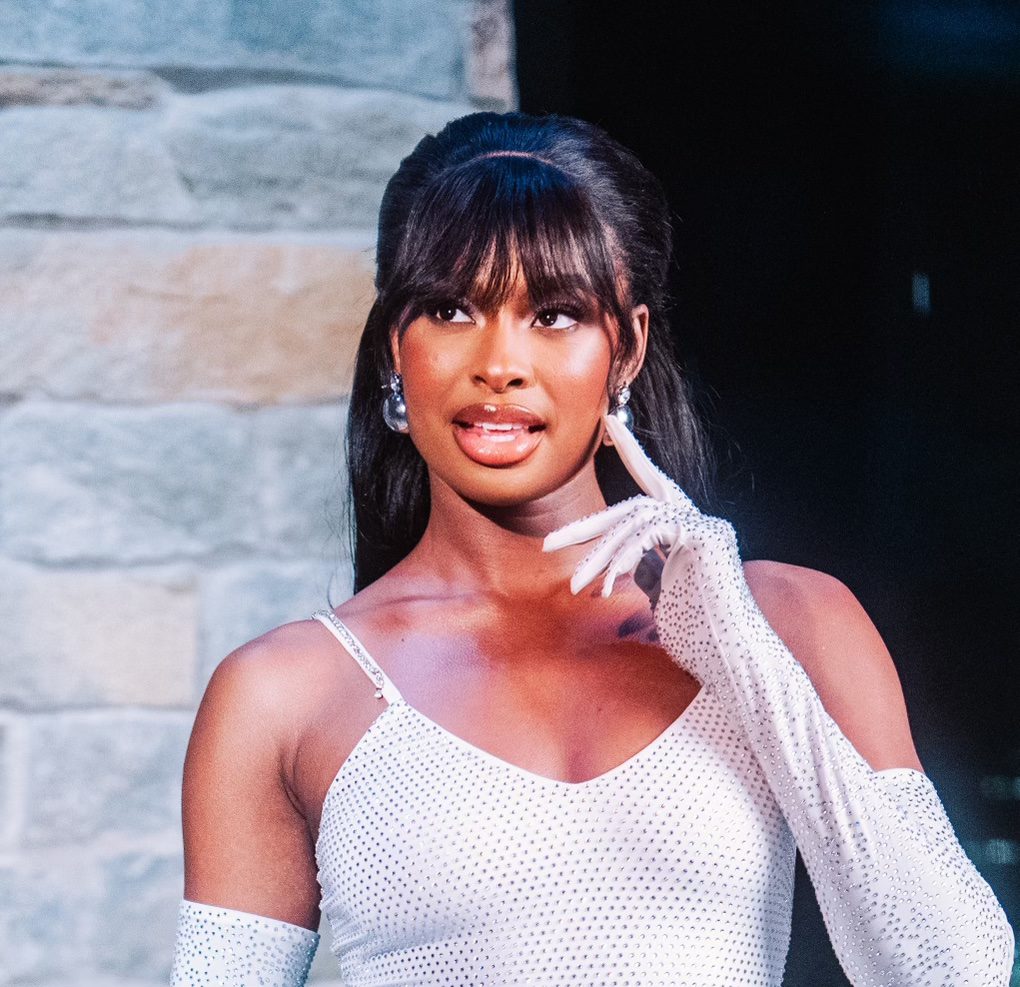Source: KiddNation / Kidd Nation
TikTok has filed an emergency request to the U.S. Supreme Court to halt its impending ban. The request follows a series of court decisions allowing the ban to proceed, leaving the app’s future uncertain as legal disputes intensify. Read more about the impending ban inside.
The ban is set to take effect in January 2025. The ban comes after alleged national security concerns regarding TikTok’s parent company, ByteDance, and its ties to the Chinese government. Critics fear the platform could potentially be used for data surveillance or manipulation, claims that TikTok has repeatedly denied. The massively popular social media app with over 150 million American users will likely cost its creators billions if the ban goes into effect.
In its Supreme Court appeal, TikTok argued the ban would cause “irreparable harm” to the company and its millions of U.S.-based users and creators. It emphasized that the ban could disrupt content creators’ livelihoods and limit freedom of expression. TikTok further cited its ongoing negotiations with federal agencies, insisting it has made strides to address concerns through its proposed $1.5 billion “Project Texas,” which involves U.S.-based data storage and oversight by American companies like Oracle.
The app’s legal battle addresses larger tensions between the U.S. and China over technology and data privacy. TikTok’s legal team claims the government has not presented sufficient evidence to justify the sweeping restrictions. Still, the Biden administration has defended the ban, citing bipartisan support and ongoing security risks.
The looming ban has also sparked backlash from content creators and users, many of whom rely on TikTok for income or cultural expression. Influencers and small business owners argue that the ban unfairly targets their livelihoods while failing to provide a clear alternative.
As the Supreme Court reviews TikTok’s request, legal experts predict a contentious battle over how far the government can go in regulating tech platforms based on national security concerns. Meanwhile, TikTok users face an uncertain future, with the app’s accessibility up in the air.
The upcoming ruling could set a major precedent for the regulation of foreign-owned apps, potentially reshaping the landscape of social media in the U.S. for years to come.
Comment your thoughts below.







